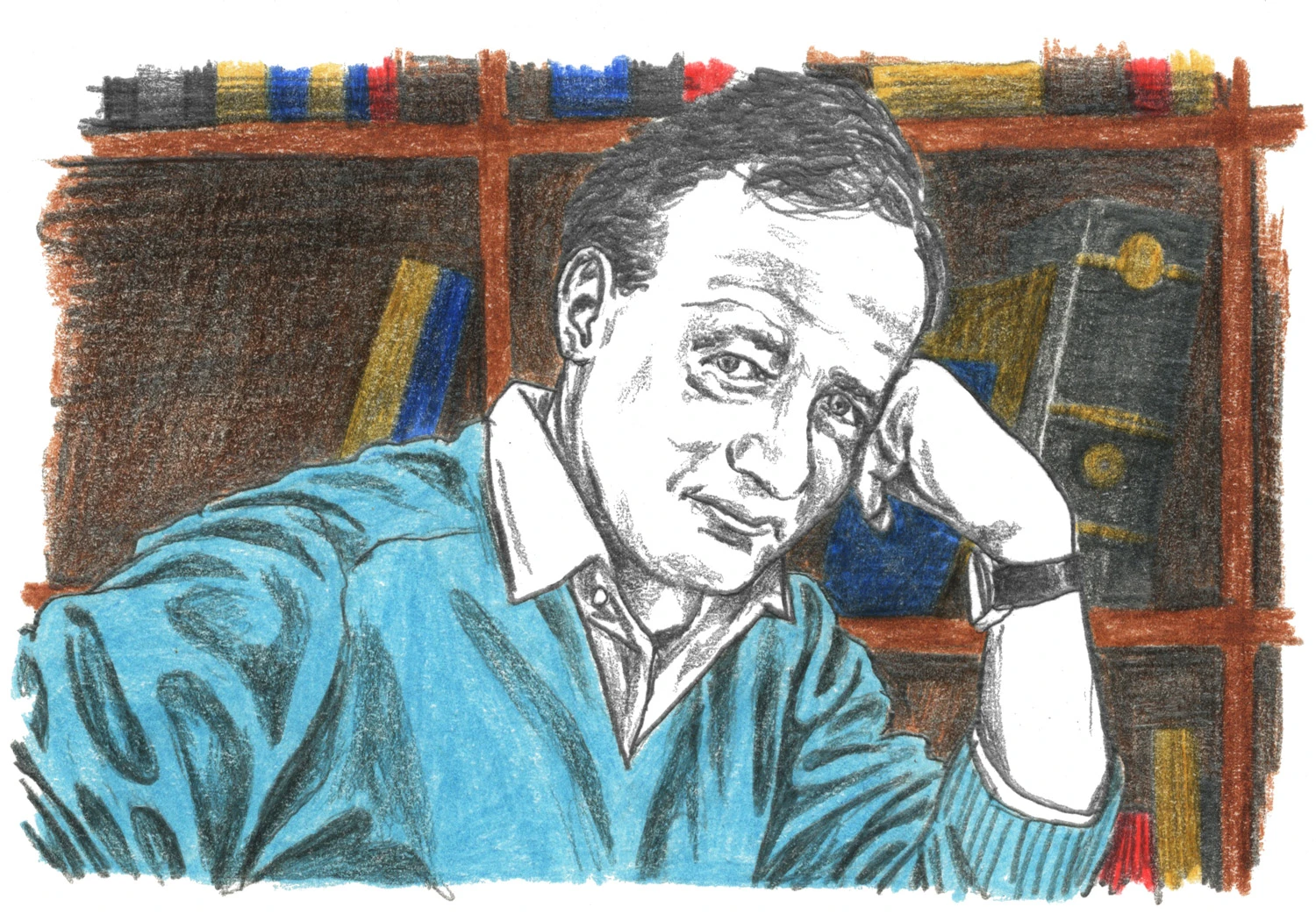Science is highly competitive, while being supremely cooperative. Rarely today does a scientific paper have a single author. And when it does, the list of references makes clear its indebtedness to others.
Isaac Newton’s claim to be standing on the shoulders of giants, was genuine. Science shows the ability of competitors to share.
Applied to the world at large, that would be transformative.
But how do we combine competition with collaboration? This happens in societies linked by trust. Only occasionally should scientists stop to verify others’ findings. For the most part, they must believe their colleagues.
The success of science shows that this trust is well-placed. The moral obligation to speak the truth applies rigorously to science. We make the penalty for falsehood severe; it is life-long banishment from science. Not only do you lose your livelihood, you lose your friends.
The trust that exists between colleagues carries an important message: we are all valid observers. Testament to this came from the acceptance of Albert Einstein, a stateless patent clerk, as having the right to challenge science’s highest authorities. This affirmed the most fundamental of human rights; the right to be heard.
Tyrannies hold to a different ethic. For them, the truth takes second place to utility. Accordingly, they prove inhospitable to science.
A century ago, German science reigned supreme. But within a decade the Nazis had destroyed it. Characteristically, the science they put in its place was spurious – racial purity. Communism’s false science was that of unending class struggle. Societies that elevate doctrine over truth, soon lose sight of the truth.
That is why there is fear today of China. The fear extends to the possibility that it might blunder into war over Taiwan. President Biden stated that U.S. support for Taiwan is “rock solid.” But so, too, is President Xi’s claim to own Taiwan.
Where will the world shelter if these nuclear powers come to blows?
The contending parties are bound by the UN Charter, making aggression a crime. In 1945, following two world wars and the Nuremberg trials, the world demanded an end to “might as the arbiter of right.”
They did so because might is bereft of reason, hence lacks validity. Reason gave us science, laws of nature and some laws of humanity. From these laws came courts, where laws can be argued. There is a profound difference between that, and the rule of the gun.
To set the gun aside will, however, require an act of will, opposing the continual call for armaments. The rationale for arming is that others do it. This defies logic, since it is a race to no visible destination except war. And that, in the long run, we cannot tolerate.
A turning away from war is evidenced by the decline in inter-state violence over the past three-quarters of a century. Objectively, peace seemed to be winning – until Russia’s invasion of Ukraine.
For the rest of history, we shall be required to contemplate the consequences of nuclear war, from which we are saved today principally by a notional “taboo.” However, that taboo can be eroded by reckless talk, as is happening.
The outlawing of slaughter has been proposed before, then laughed at. “Not so fast,” its proponents were told. But soon they found that “little by little” meant never. They needed to make a break with the past.
One such break ended the burning of heretics, another ended murders sanctioned as duels, a third ended torture en route to slavery.
Then, as now, humanity cried out for change. It did so most notably three centuries ago when scholars dared to found a community based on trust: the community of science.
In time, our community has increased its reach. Its moral base gives hope for a future in which we depend on the primacy of truth. There could be no greater gift than this to humanity.







No Responses to “ Faith in Science ”
I had the honour of working alongside pharmacologists, global health specialists and policymakers. Career scientists are highly paid workers who, for the most part, enjoy their work and have little time for other endeavours, such as teaching science to the general public. The best way to promote scientific thinking in the general population would require ending elitism, which makes thinking as a scientist available to a minority of citizens.
What a clear-minded, compelling cry for reason in this age of nuclear powers coming to the brink of war. John says, "The rationale for arming is that others do it. This defies logic, since it is a race to no visible destination except war."
This is particularly topical in November 2024. When the U.S. allows Ukraine to use American-made missiles to attack Russian territory, Russia amps up its nuclear threat. What to do? Thank you for publishing Polanyi's clear and potent warning.